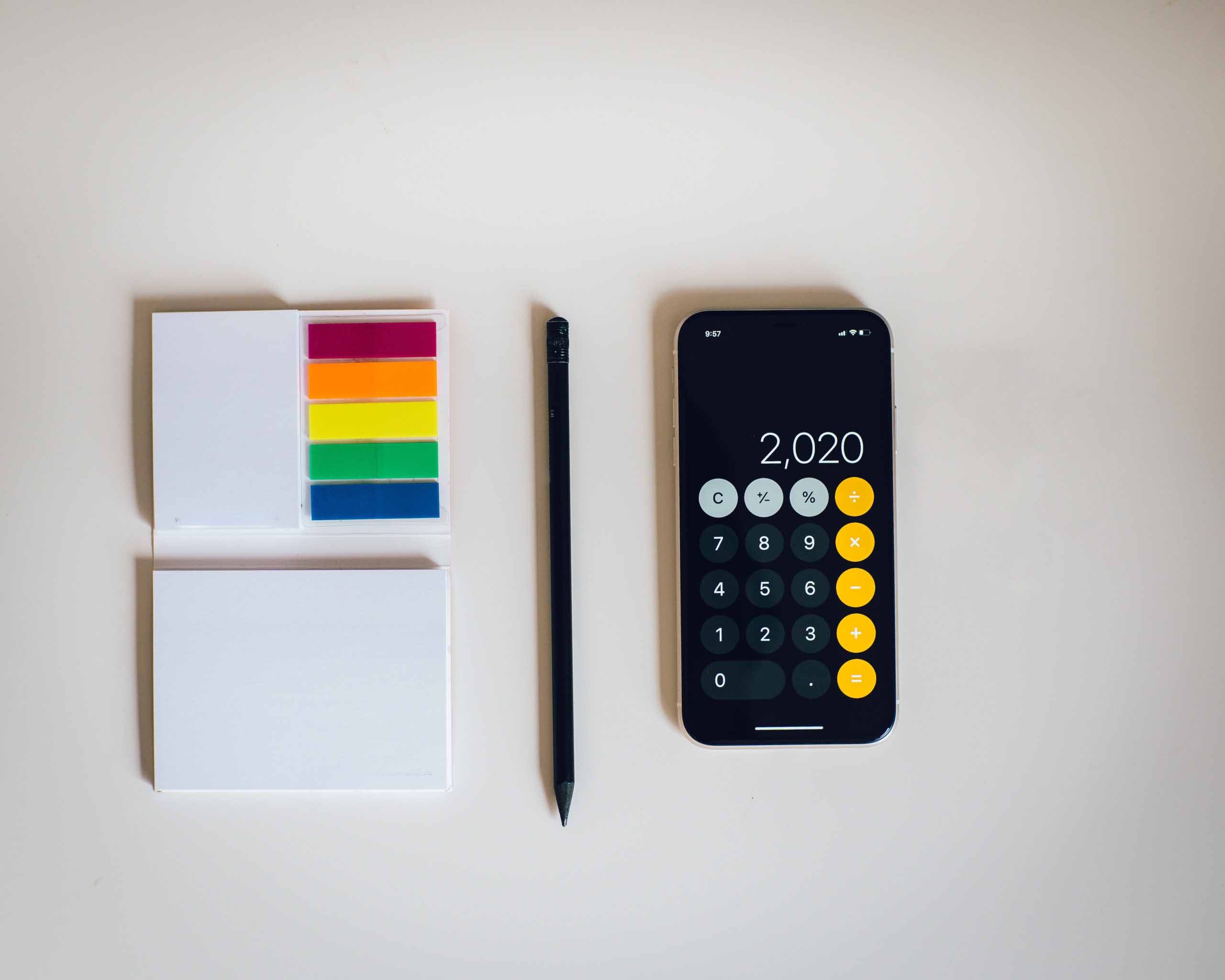Bayport Blog
When is the right time to take out a loan?
Published: October 6, 2020
Categories: Personal loans
Tags: Affordability, Budgeting, Consolidation Loan, Day-to-day expenses, Financial Literacy, Loans, Online loans

When times are tough, you could think that you need a loan to get you through to the next payday. But while a loan is certainly an option, it’s worth asking yourself a few questions first.
There are many benefits to taking out a personal loan: you don’t need collateral, the process is usually reasonably quick and easy, and many credit providers allow you to do an online loan application.
But there are downsides too: debt always carries the risk of defaulting, which has a negative impact on your credit score, and you could end up in a debt spiral if you don’t manage your loans carefully.
The short answer to the question of when is the best time to take out a personal loan, is another question: can you afford it? You should never, ever take out a loan unless you can comfortably afford the monthly payments for the entire loan term.
Of course, you don’t know what could happen tomorrow (Covid-19 certainly taught us that lesson!), but given your circumstances today and what you could reasonably expect in the coming months, you should know whether or not you can afford a loan.
Asking yourself the affordability question raises two more questions:
- How do you determine whether or not you can afford a loan?
- What safeguards can you put in place in case something happens to your income?
If you don’t have a budget already, start by drawing one up (Bayport’s budgeting tool can help you). You have to know exactly how much money comes in every month, and how much goes out. You also have to know what you spend your money on. You get this information by tracking your expenses, which simply means keeping records of every cent you spend.
Using your budget and expense tracking, you can identify opportunities to save on your current expenses. Those savings should first go into a savings account to build up an emergency fund. However, if you do need to take out a loan, savings on monthly expenses must be used to repay the loan.
If you don’t have any monthly savings, you cannot afford a loan. You will first have to reduce your expenses.
Putting safeguards in placeThe best way to ensure that you will not end up in trouble if you lose your income while having to repay a loan is to borrow from a respectable and registered credit provider. Such a provider will demand that you take out credit insurance to cover any outstanding amounts on your loan in case you are retrenched, put on short time, contract a dread disease, or pass away.
Never borrow money from an unregistered provider.
From both these answers, it is clear that you should be prepared in case you ever need a loan. Keep a regular budget and research credit providers from time to time. This way, in an emergency, you will have the information you need to make informed decisions.
Other questions to ask yourself
- Is this expense essential?
The answer is the difference between a need and a want. A need is an essential expense – something you cannot do without. For example, getting your car fixed so that you can get to work is an essential expense; a new flat screen TV is not.
- Will the loan add lasting value to my life?
The greatest investment you can make is in yourself, and any money spent on training and upskilling is money well spent. When a certain qualification or skill set will make you more employable, it makes sense to take out a loan to pay for the course. But education and training aren’t the only tools that you might use to progress yourself. If a suit helps you get a job, or an instrument helps you land a gig, such a purchase can also warrant a loan.
- How good is my credit score?
With a good credit score (720 or higher) you can qualify for lower interest rates and bigger loan amounts. If you have a below average credit score (below 500), you probably shouldn’t be applying for another loan.
- Should I take out a loan or use my emergency fund and/or savings?
If you have an emergency fund and the need is a real emergency, use your fund – that’s what it’s there for. You could also probably get to the money in less time it would take to get a personal loan approved. However, if you are saving for a specific goal, and you know you can repay the loan quickly, taking a loan might make more sense.
- Should I take out another loan or consolidate my debt?
Before taking out a loan, look at your entire debt picture. How many loans do you have? What are the interest rates and instalments of each of them? Then talk to your credit provider about a consolidation loan and the difference it could make to your debt situation. Sometimes, the best way to get out of debt is to take out one big loan and pay off all the smaller loans – this is called debt consolidation. If done in the right way, a consolidation loan will improve your cash flow immediately, save you money on interest and other fees in the long run, and get you out of debt faster.
Taking out a loan is a serious matter that should be considered carefully. When you borrow for the right reasons and in the right way, credit can change your life for the better.
Go back